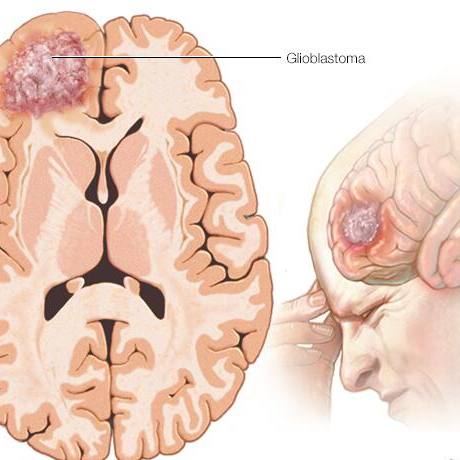-
Cancer
Consumer Health: Colon polyps and colon cancer screening

March is Colorectal Cancer Awareness Month, which makes this a good time to learn about the connection between colon polyps and colon cancer, and the need for colon cancer screening.
A colon polyp is a small clump of cells that forms on the lining of the colon. Healthy cells grow and divide in an orderly way. Mutations in certain genes can cause cells to continue dividing, even when new cells aren't needed. In the colon and rectum, this unregulated growth can cause polyps to form.
An estimated 15% to 40% of adults in the U.S. may have colon polyps, according to the National Institute of Diabetes and Digestive and Kidney Diseases.
Anyone can develop colon polyps. You're at higher risk if you're 50 or older, are overweight or a smoker, or have a personal or family history of colon polyps or colon cancer.
Most colon polyps are harmless. But over time, some colon polyps can develop into colon cancer, which may be fatal when found in its later stages.
Polyps may be small and produce few if any symptoms. For this reason, regular screening tests are recommended for healthy people with no signs or symptoms to look for colon cancer or noncancerous colon polyps. Finding colon cancer at its earliest stage allows the greatest chance for a cure. Screening has been shown to reduce the risk of dying of colon cancer.
People with an average risk of colon cancer should consider colon cancer screening around age 45, according to the U.S. Preventive Services Task Force. But people with an increased risk, such as those with a family history of colon cancer, should consider screening sooner. How long you should continue regular colon cancer screening will depend on your age and whether your screenings have been negative throughout.
If your health care professional has recommended colon cancer screening, you may be able to choose from various screening tests. If you're reluctant to make a decision, remember that any discomfort or embarrassment from colon cancer screening is temporary, and detecting problems early could save your life.
Connect with others talking about living with colorectal cancer in the Colorectal Cancer support group on Mayo Clinic Connect, an online patient community moderated by Mayo Clinic.







